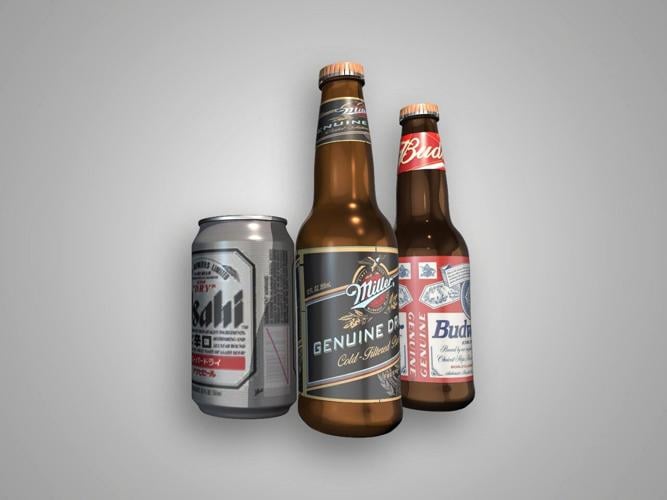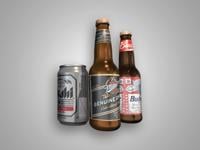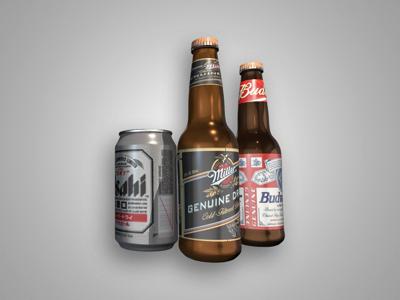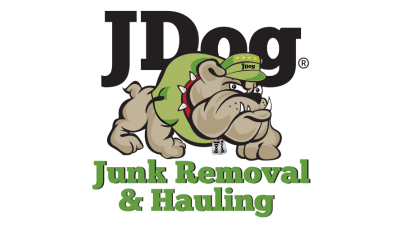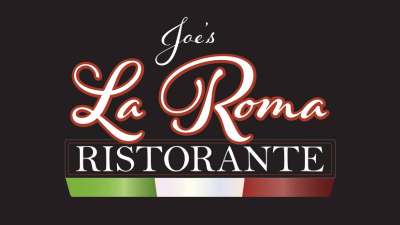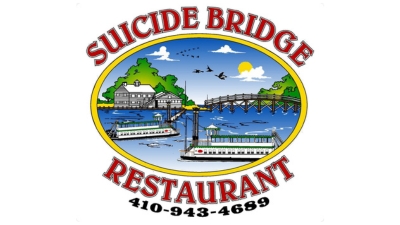Robert Kracyla is the Deputy Director of the Delaware Alcohol and Tobacco Enforcement or DATE – a division of the Delaware Department of Safety and Homeland Security, and he is here to answer our questions about confiscated alcohol.
Kracyla says they get the question all the time – What happens to the drugs and alcohol that are seized in criminal investigations? Kracyla says there are strict guidelines as to what they do with evidence.

Robert Kracyla, Deputy Director of the Delaware Alcohol and Tobacco Enforcement or DATE
“Quite honestly, there are very strict guidelines as far as evidence and evidence handling,” Kracyla says. “We are guided as to what we do with the evidence. It is electronically tracked from the second we get it to the second we destroy it. The evidence goes through the judiciary process and once it is adjudicated through the courts, the courts decide what will happen to it. Generally, it is destruction.”
Kracyla says the process is to take it to the dump to have it destroyed, and they watch it be destroyed. He also says most of the time these cases come about when there are entrepreneurs throughout the country that are trying to illegally transport alcohol and tobacco.
Kracyla also mentions over service of alcohol.
“We have a program that we teach – any server in the state of Delaware, if you are going to work at Olive Garden, or work in a bar, or a tap room, or an Applebee’s, you have to come to our program and we emphasize over service. It is against the law to serve the falling down drunk that came up to the bar and wants to keep drinking,” Kracyla says. “It is a criminal violation and there is also administrative actions we can take against the holder of the license.”

